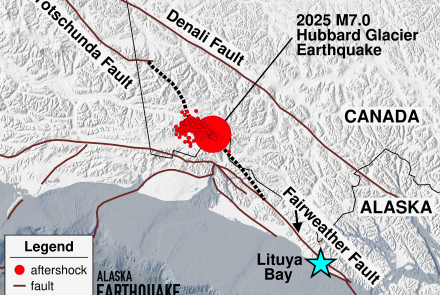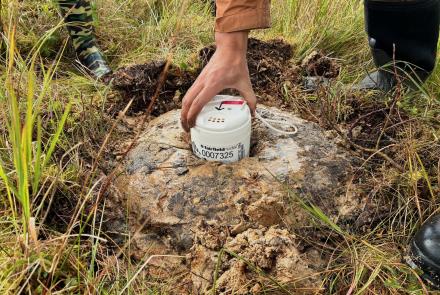Up Mt. McKinley with Cook
We never have to worry about being overwhelmed by science. The human capacity to believe or disbelieve is too potent a force to be overcome by knowledge.
I reached this view with mixed gloom and glee after climbing Mt. McKinley with explorer Frederick Cook. Cook claimed he did it in 1906. For the last few months I have followed the literary trail left behind over the seventy odd years since.
The record is amazing. It is little wonder the mountain hides its face in mist and shame. So many lies have littered its slopes.
In 1909 the Explorers Club of New York and the American Alpine Club looked at Cook's claims and dropped him from membership. Yet Cook, a highly respected member of the exploration establishment, had been elected President of the Explorers Club and had helped found the American Alpine Club.
At the time Cook accused his foes of lying, taking bribes, and slander. After the dust settled, sober men studied Cook's mountain narrative, shouldered their packs, and set out to investigate the ground.
Several parties made it to the peak. Over the years Belmore Browne, Herschel Parker, and Bradford Washburn photographed the mountain. They discovered the same peaks Cook passed off as the summit in his publications. All were considerably lower and distant from the true one. No one ever found the record he allegedly left carefully just below the top. The hearty Fairbanks men who first reached the top of North Peak in 1910 carried a flagpole along. It was seen clearly by others.
Cook has been dead quite awhile, but his spirit lives on. In recent years there have been three books published in which his claims have been maintained. No new evidence has been offered. No one has been able to climb by Cook's alleged route or even make sense of his description of it.
The only man with him kept quiet for awhile, then confessed in 1908 that they had not come anywhere close to the top. Cook and his fans insisted that his companion had been bribed.
Cook should have been able to demonstrate his climb convincingly when it was challenged. He could not offer scientific, which is to say, plausible, evidence. So he wrote a book as strange as fiction. Others rehashed the evidence and declared him a fraud or a martyr, depending upon their individual assessment.
When is the Truth supposed to appear? Why cannot a Big Lie be nailed down? Cook's most recent biographer even admits that Cook's photography--his evidence--was fraudulent, yet manages to defend the claim nonetheless.
Probably there will always be true believers. Faith cannot only move mountains, it can keep Cook's spirit reaching for angels on the summit.
Maybe we ask too much of reason.




